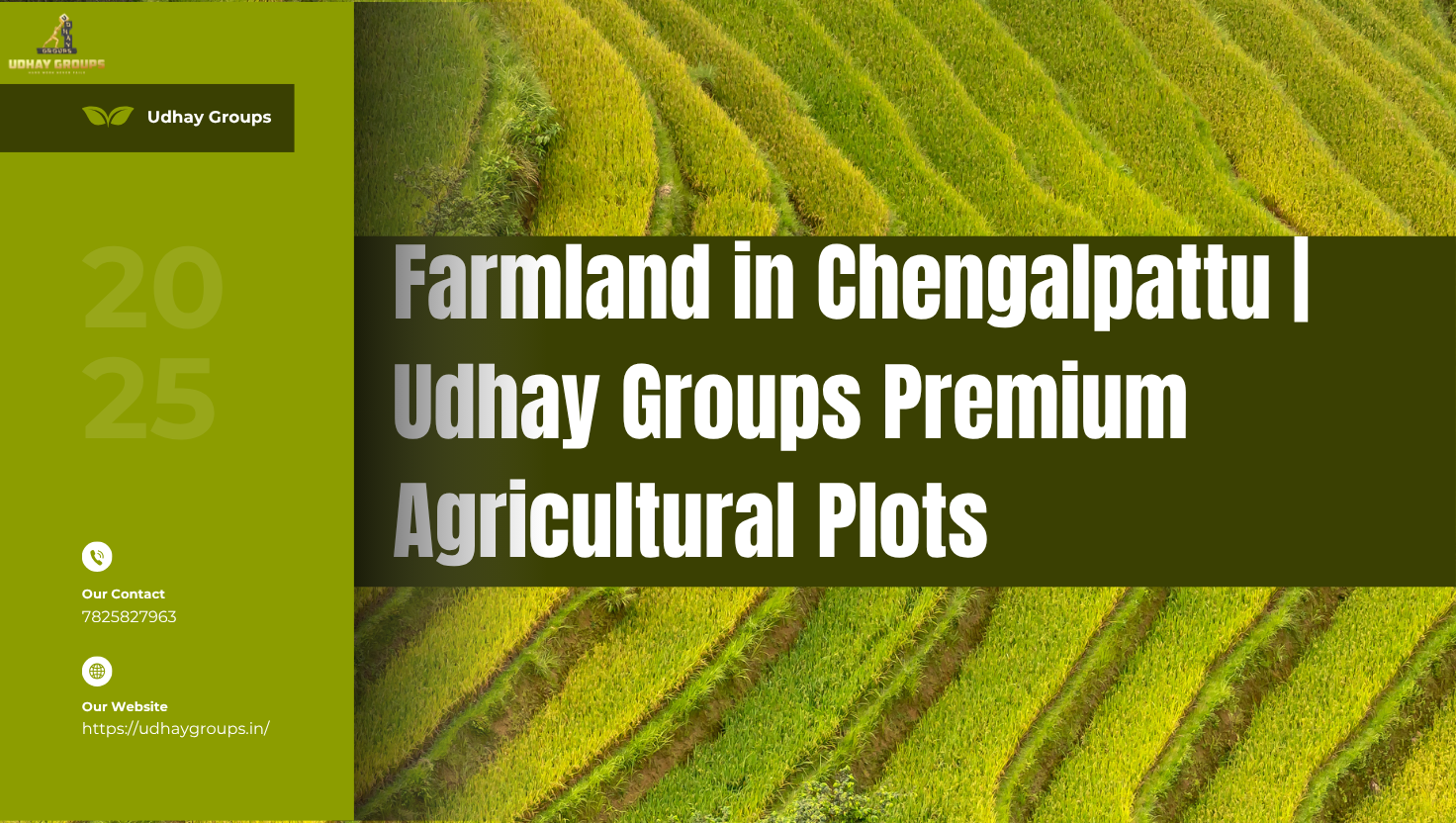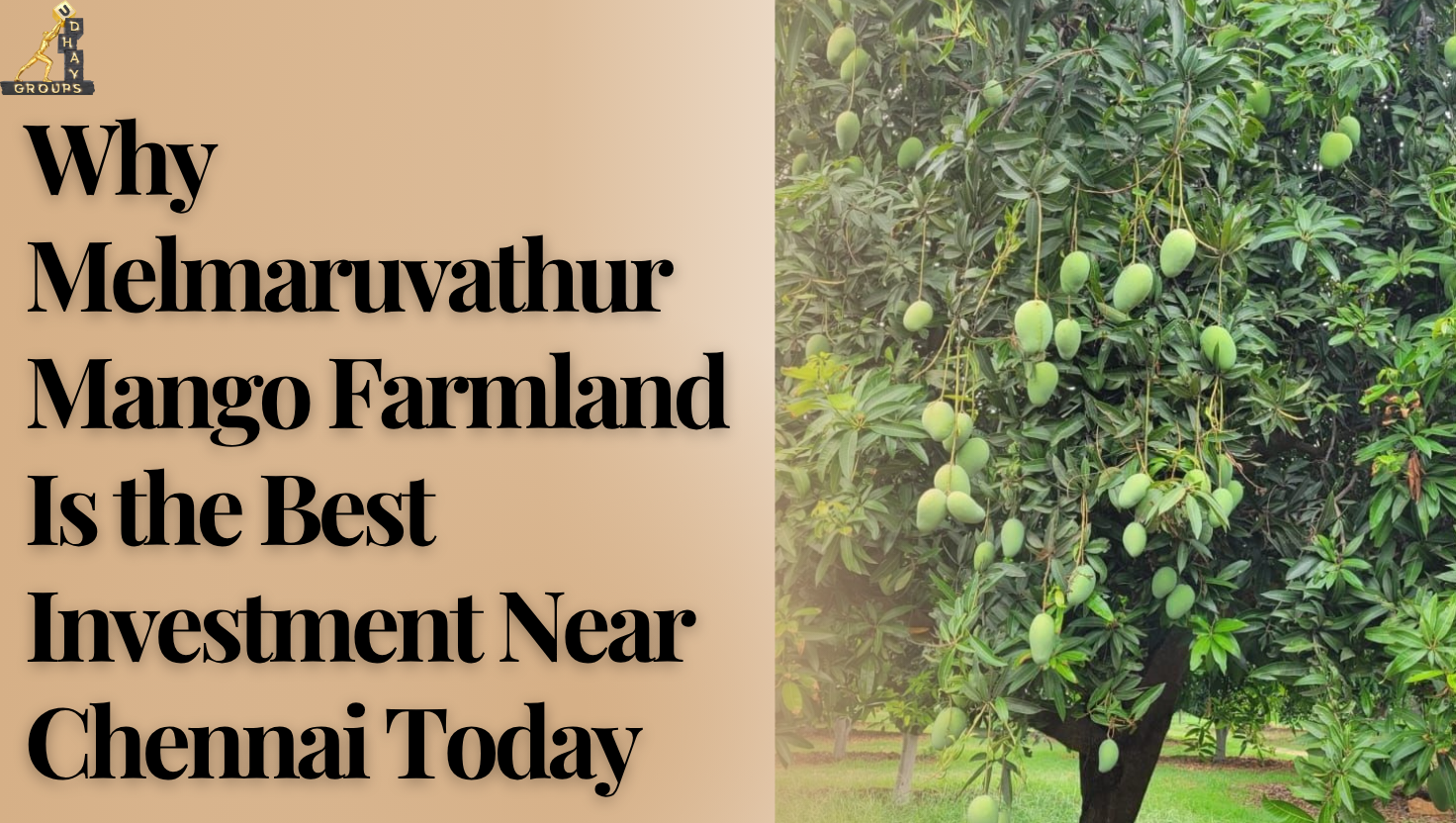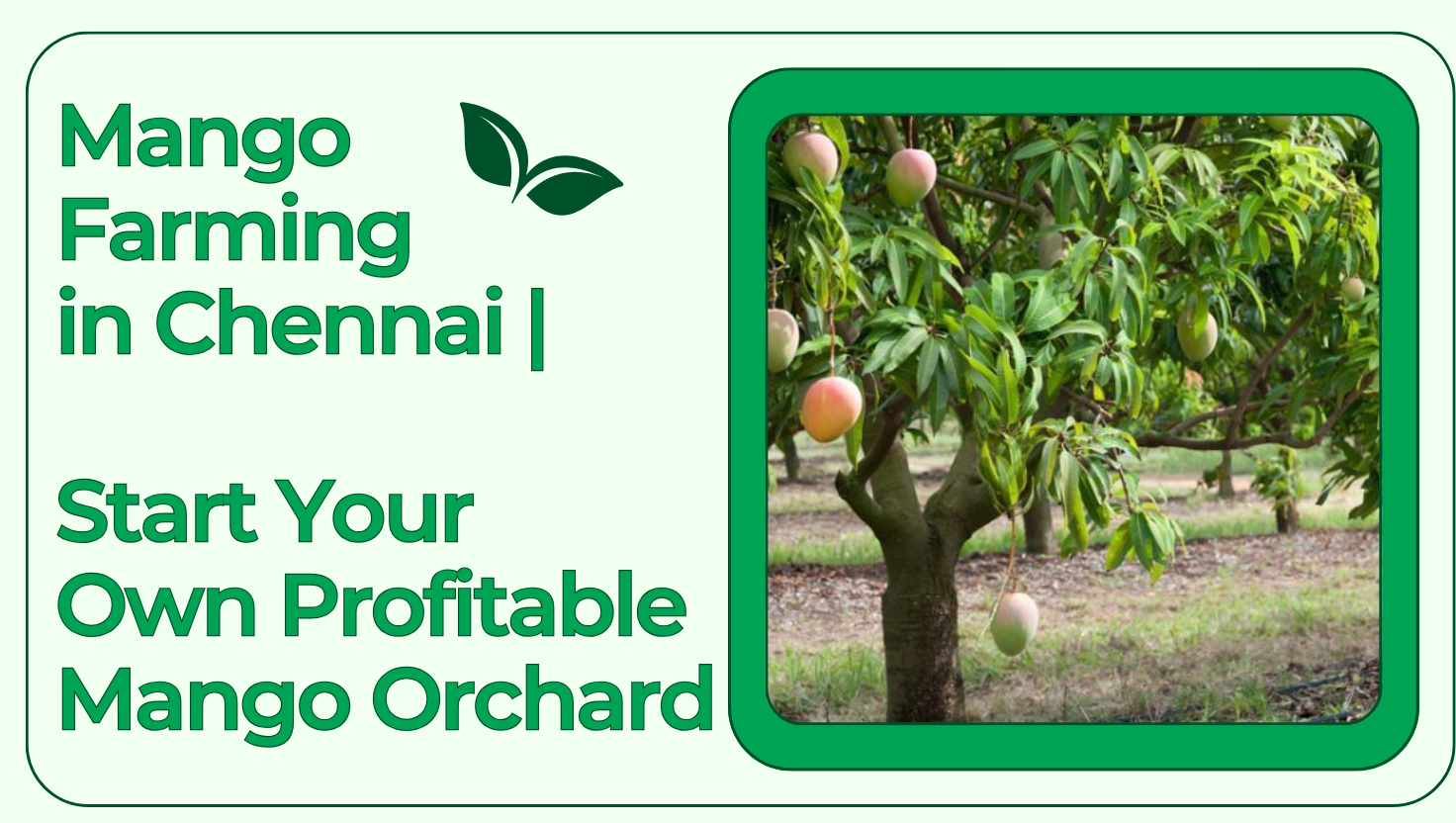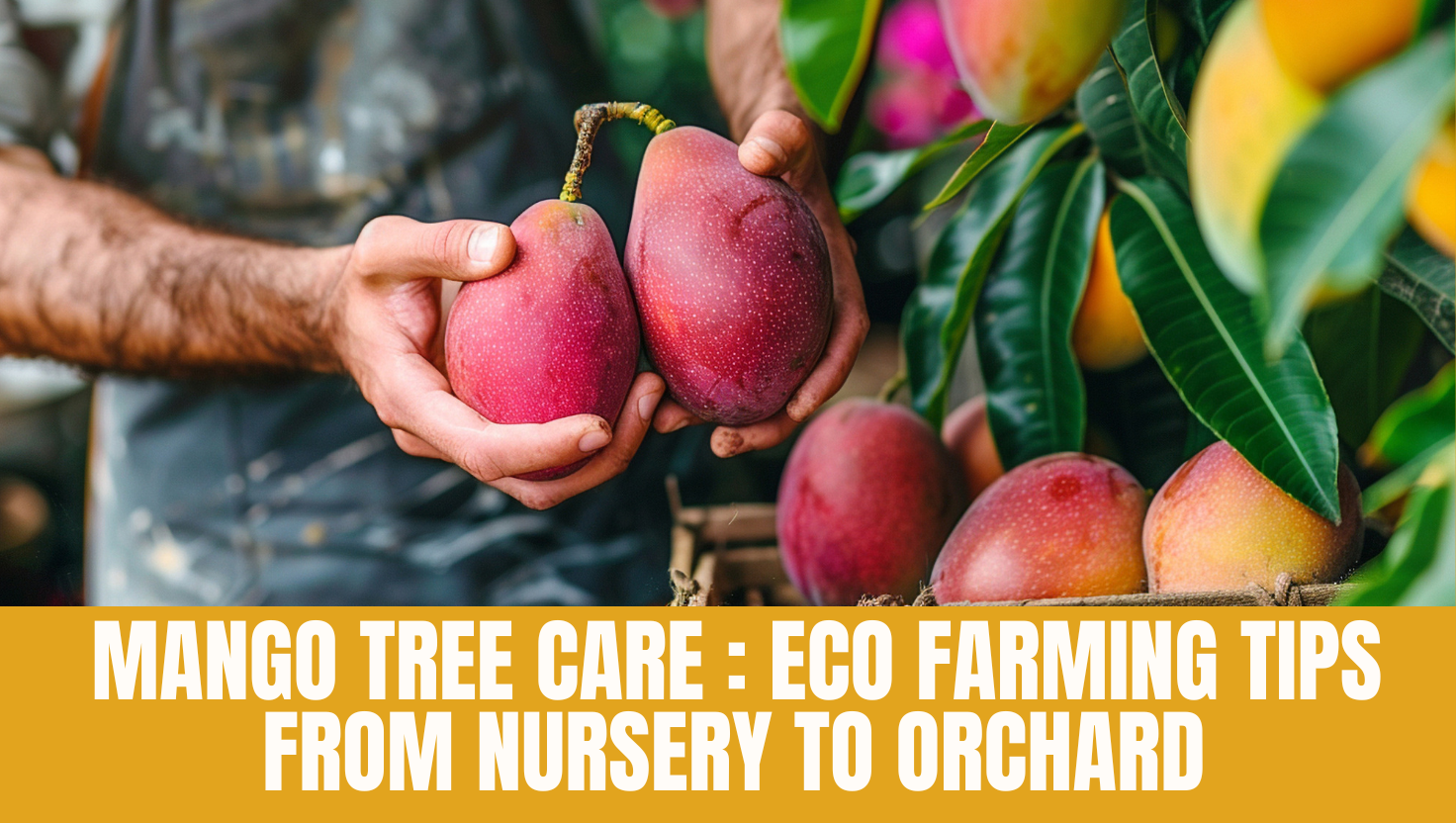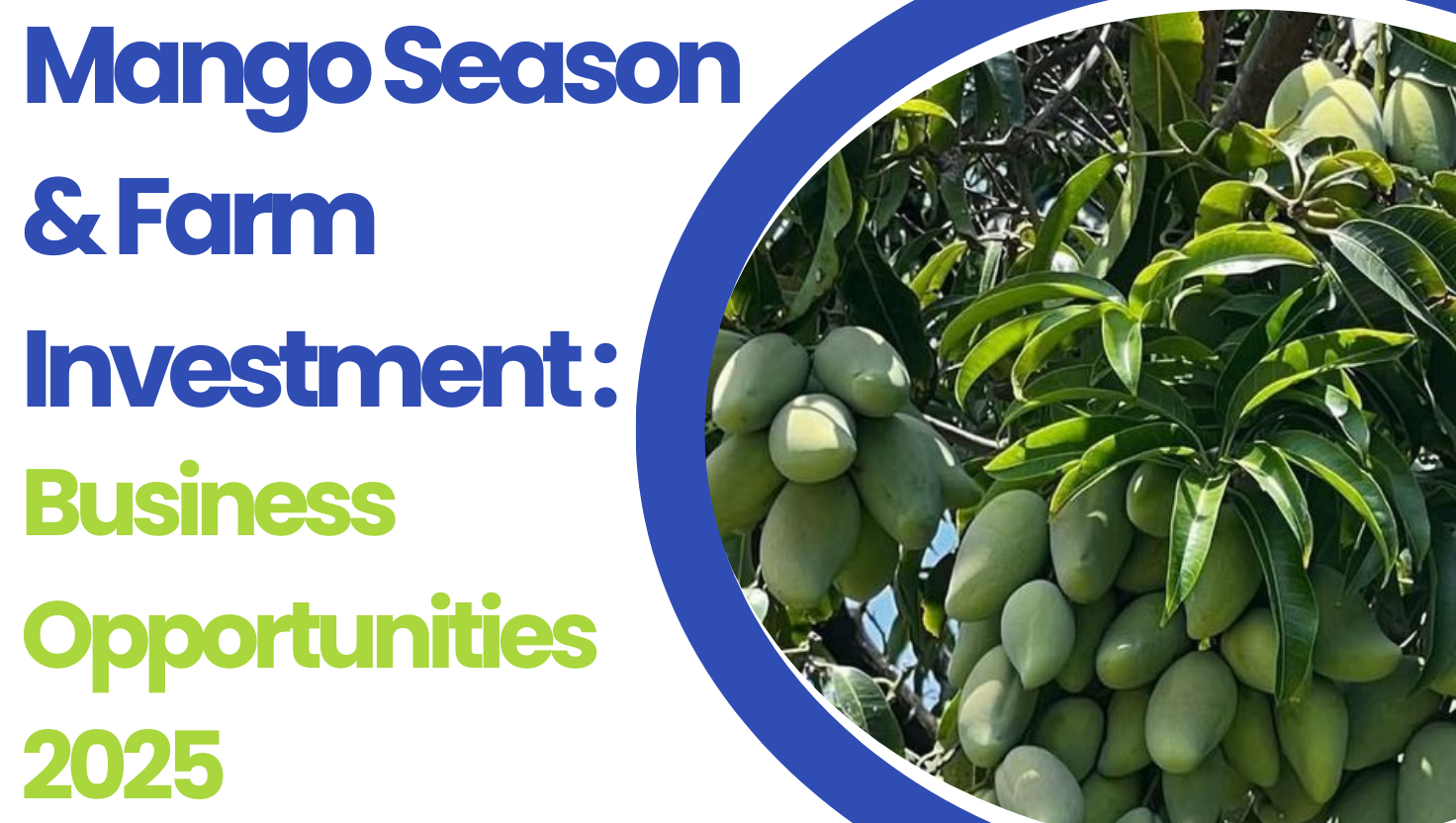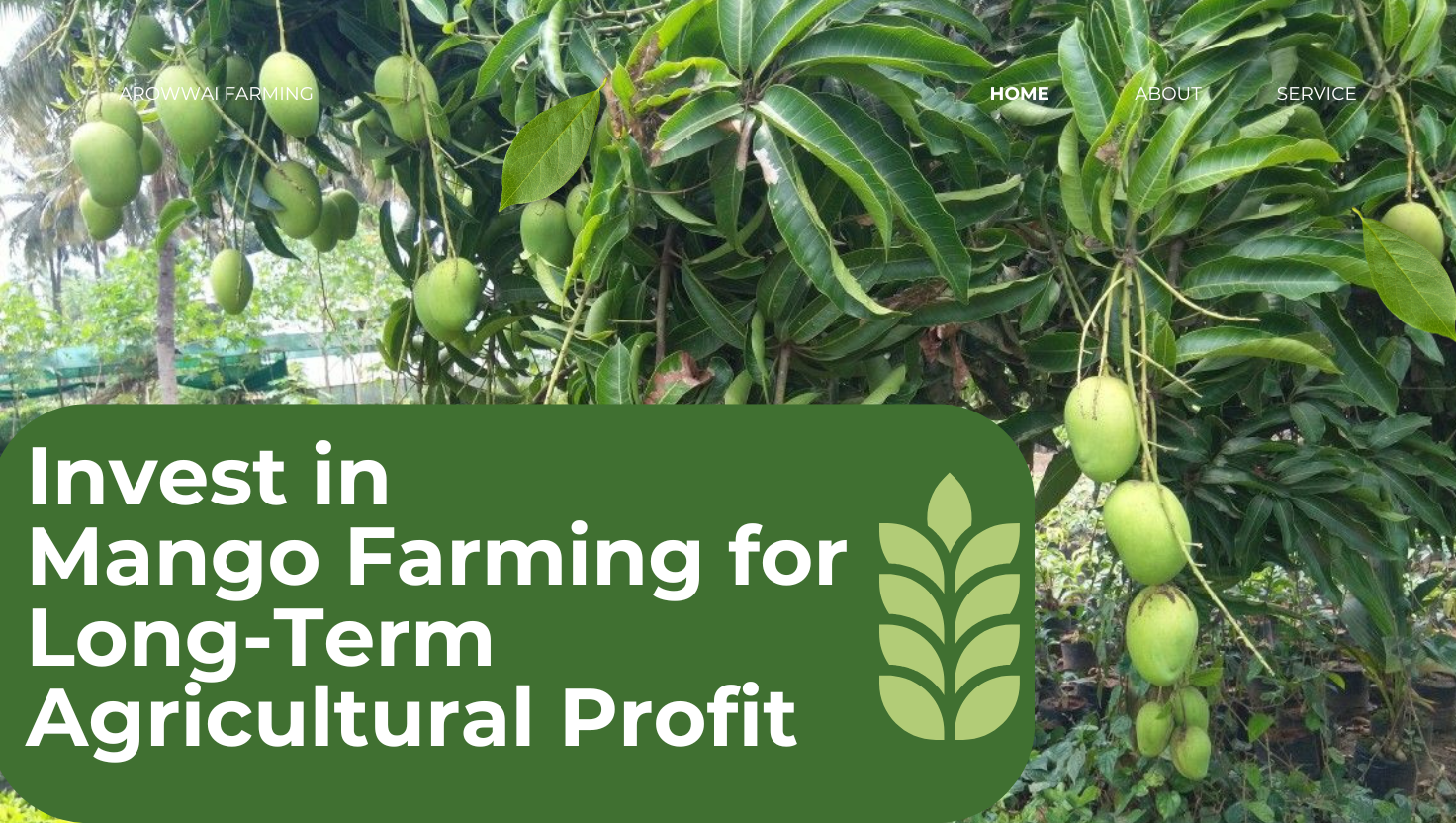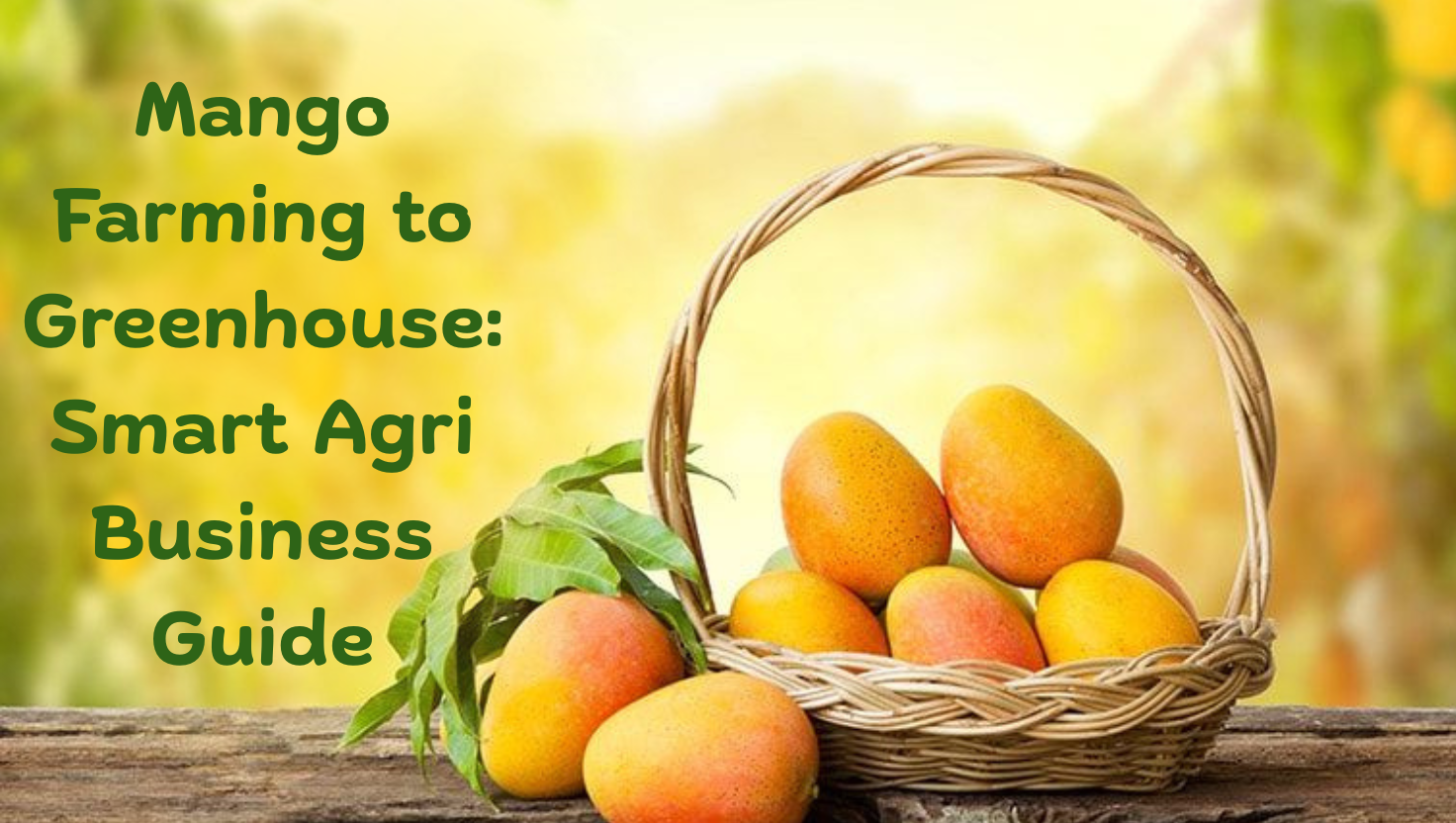Introduction: Why Farmland in Chengalpattu is a Smart Investment
If you’re searching for a safe and profitable investment, farmland in Chengalpattu is one of the best choices in Tamil Nadu. Located near Chennai, Chengalpattu is rapidly becoming a preferred destination for real estate and agricultural investments. With its excellent connectivity, affordable pricing, and promising appreciation rates, farmland ownership here is not just about owning land—it’s about creating wealth and enjoying a sustainable lifestyle.
In this detailed guide, we’ll explain why Udhay Groups is your trusted partner for farmland investments in Chengalpattu, the benefits of investing in this region, and the exclusive amenities that make your experience stress-free.
1. Why Invest in Farmland in Chengalpattu?
Strategic Location Advantage
Chengalpattu is a rapidly developing district near Chennai, known for its excellent connectivity and growing infrastructure:
- Located along GST Road (NH-45), the lifeline connecting Chennai to the southern parts of Tamil Nadu
- 20 minutes from Mahindra World City and major IT hubs
- Close to SRM University, Hospitals, and Industrial Hubs
- Upcoming Peripheral Ring Road for better access
This makes farmland in Chengalpattu a smart investment for long-term growth.
Affordable and High Appreciation
Urban plots in Chennai are expensive, making them inaccessible for many buyers. In comparison, farmland in Chengalpattu is still affordable but offers significant appreciation potential due to increasing demand for nature-based living and organic farming.
Perfect for Second-Income Seekers
Farmland ownership allows you to generate secondary income through agriculture. Mangoes can be cultivated for both local markets and export.
2. Udhay Groups: Your Trusted Farmland Developer
When you invest in farmland through Udhay Groups, you are choosing transparency, trust, and expertise. Our projects are designed for stress-free ownership, where we take care of the land while you enjoy the benefits.
Key Highlights of Udhay Groups Farmland Projects:
- Legal Clear Titles
- Ready-to-Register Plots
- End-to-End Farm Management
- High Appreciation Zones
3. Modern Amenities for a Hassle-Free Experience
Owning farmland should be enjoyable, not stressful. That’s why Udhay Groups offers:
- 5 Years Free Maintenance
- Individual Water Pipeline & EB Connection
- CCTV Security and 24/7 Surveillance
- Swimming Pool & Guest House Facilities
- On-Road Property Access
- Dedicated Farm Caretakers
4. Why Choose Farmland in Chengalpattu Over Urban Plots?
- Affordable Investment with High ROI
- Lower Maintenance Costs
- Healthy and Pollution-Free Lifestyle
- Great for Weekend Retreats
5. How Udhay Groups Makes Ownership Easy
- Free Site Visit to help you choose the right plot
- Transparent Documentation
- Farm Management Services so you don’t have to worry about day-to-day operations
- Monthly Updates on Your Land
6. Pricing & Investment Plans
Plots start at affordable prices . Contact us for the latest pricing and offers.
7. Steps to Own Farmland with Udhay Groups
- Book Your Free Consultation
- Visit the Site and Select Your Plot
- Complete Documentation
- Start Earning with Managed Farming
Conclusion: Secure Your Green Future Today
Investing in farmland in Chengalpattu with Udhay Groups is your gateway to financial growth and a healthy lifestyle. Whether you want to create a weekend retreat, grow organic crops, or build a profitable asset, our managed farmland projects make everything easy for you.
Call Udhay Groups now to schedule your free site visit!
Visit our website for project details and special offers.

